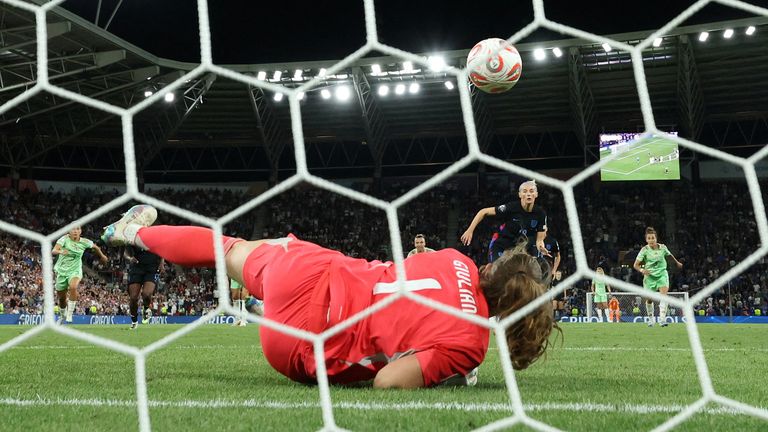US judge dismisses Trump classified documents case
A federal judge ruled that the lead prosecutor did not have the authority to bring the case. Prosecutors said they would appeal and continue seeking a trial on Trump allegedly keeping documents after leaving office.

A US federal judge has dismissed a criminal case accusing Donald Trump of illegally holding onto classified documents after his time in office.
The former US president had been indicted on charges that he retained highly classified national security documents at his Mar-a-Lago mansion in Florida after he left office.
Judge Aileen Cannon, who had been appointed by Trump, ruled on Monday that lead prosecutor Jack Smith had been unlawfully appointed to his role and did not have the authority to bring the case.
Smith's spokesman said a few hours later that the Special Counsel would appeal the judge's dismissal and continue seeking a trial.
"The Justice Department has authorized the special counsel to appeal the court's order," Peter Carr said in a statement.
Trump called Monday's verdict a "first step" and said that all criminal cases against him should be dismissed.
What did the judge rule?
In 2022, Attorney General Merrick Garland appointed Smith, a public corruption and international war crimes prosecutor, to lead the investigation into the allegations that Trump mishandled highly classified documents.
Smith was chosen in order to give the investigation a degree of independence from the Department of Justice under the Biden administration.
But Trump's lawyers challenged Smith's authority, arguing that his appointment violated the US Constitution because his office had not been created by Congress nor had he been confirmed by the Senate.
Smith's lawyers rejected these claims, arguing that it was a well-established practice to bring in special counsels for politically sensitive investigations.
On Monday, Judge Cannon ruled in favor of Trump's defense motion.
"The special counsel's position effectively usurps that important legislative authority, transferring it to a head of department, and in the process threatening the structural liberty inherent in the separation of powers," Cannon wrote in a 93-page order.
"If the political branches wish to grant the attorney general power to appoint Special Counsel Smith to investigate and prosecute this action with the full powers of a United States attorney, there is a valid means by which to do so."
Trump's legal victory
The decision would be a major victory if upheld for Trump, who had been accused of endangering national security by holding onto the classified documents and then obstructing an investigation into their whereabouts.
The prospect of a potential trial concluding before November's presidential election already appeared vanishingly small and the likelihood of this was only reduced by Monday's developments.
The ruling was announced as the Republican National Convention gathered in Milwaukee, Wisconsin, where Trump is set to be confirmed as the Republican presidential nominee.
However, Trump still faces three other criminal cases, including a case in New York where he was found guilty of falsifying business records.
msh,zc/ab,lo (Reuters, AFP, AP)







